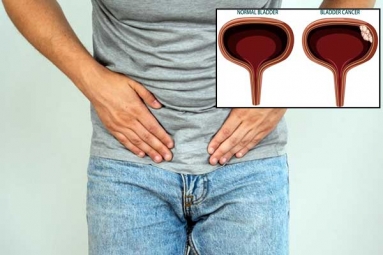
According to new research, people with low fat hormone levels have high risk of post-traumatic stress disorder ( PTSD ) symptoms, upon traumatic event exposure.
People with PTSD retrieve past traumas again and again as they are bound in a virtual prison of memories.
The University of Texas Health Science Centre in the US, School of Medicine professor and study senior author Xin-Yun Lu said, "Once the threat is no longer there, the fear should go away, but in PTSD it keeps flashing back."
Lu noted that, "In the PTSD animal model, the circulating adiponectin is low, data suggest. If the genes encoding adiponectin and its receptor are disrupted, the mice extinguish fear responses much slower. If adiponectin levels are elevated in the brain, the mice get extinction faster."
The findings may help in the development of PTSD treatment. Adiponectin impairment is implicated in metabolic diseases like Type-2 diabetes and obesity. The hormone has an effective role to play beyond its metabolic control. The new research that was published in the journal Molecular Psychiatry.
"It is interesting that this hormone promotes fear extinction. Increasing adiponectin levels or activating its specific receptors might facilitate extinction-based exposure treatments for PTSD and other trauma- and stress-related disorders," Lu said.









